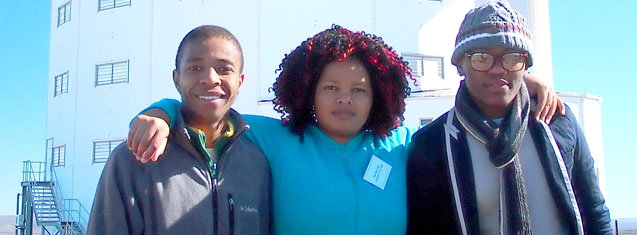Latest News Archive
Please select Category, Year, and then Month to display items
21 July 2021
|
Story Rulanzen Martin
|
Photo Charl Devenish
 Even after her premiership, Helen Zille has remained a powerful force within the South African political landscape. Here she is pictured during a workshop hosted by the Department of Political Science and Governance in February 2020.
Even after her premiership, Helen Zille has remained a powerful force within the South African political landscape. Here she is pictured during a workshop hosted by the Department of Political Science and Governance in February 2020.
Zille will be talking to
Prof Hussein Solomon in the Department of Political Studies and Governance at the University of the Free State.
You can join this interesting discussion on:
Date: 29 July 2021
About the author:
Helen Zille is a South African journalist, activist, and politician who served as the national leader (2007-2015) of the Democratic Alliance (DA), the official opposition party in South Africa. She was also Premier of the Western Cape from 2009 until 2019. Zille’s autobiography, Not without a Fight, was published in 2016.
Students attend prestigious National Astrophysics and Space Science Programme
2014-08-22

From the left are: Thokozane Ngcongwane with Mbali Xaba and Thabo Kumalo (both third-year Physics and Chemistry students).
Three students from our Qwaqwa Campus – Thokozane Ngcongwane, Mbali Xaba and Thabo Kumalo – were recently selected to attend the prestigious National Astrophysics and Space Science Programme (NASSP). The programme – in partnership with the National Research Foundation (NRF) – ran for two weeks at the South African Astronomical Observatory (SAAO) in Cape Town.
The project targets students from formerly disadvantaged institutions of higher learning, where astronomy and astrophysics are not offered.
Students are invited to apply for the programme, with emphasis placed on students majoring in mathematics and physics. Students from other fields are also invited to apply, though. The programme allows for the development of black astronomers and astrophysicists, which are in demand in the ever-growing environment of astronomy in South Africa.
“Topics such as gravitational lenses, black holes, stellar evolution and the mysteries of cosmology were presented and students were invited to engage with the speakers during and after the presentations,” said Ngcongwane, a third-year Zoology and Entomology student.
The programme challenged them to work on basic astrophysical concepts in groups while individual written assignments were part of the learning process as well.
“Given the lack of information about the complexities of astronomy the students had, this was the most ideal time to learn about all matters astronomy and astrophysics as lectures offered a lot to young and excited minds,” Ngcongwane said.